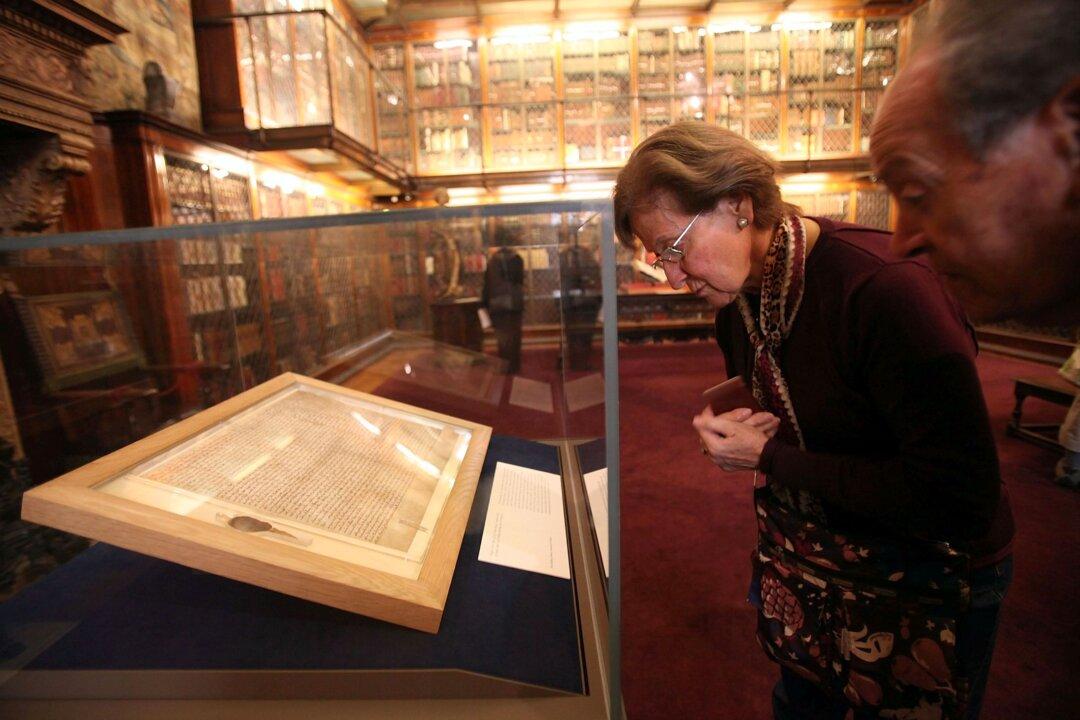Commentary
Understanding the U.S. Constitution requires knowing some English constitutional and legal history. Both the Constitution and the Bill of Rights are loaded with words and phrases inherited from England.

Understanding the U.S. Constitution requires knowing some English constitutional and legal history. Both the Constitution and the Bill of Rights are loaded with words and phrases inherited from England.